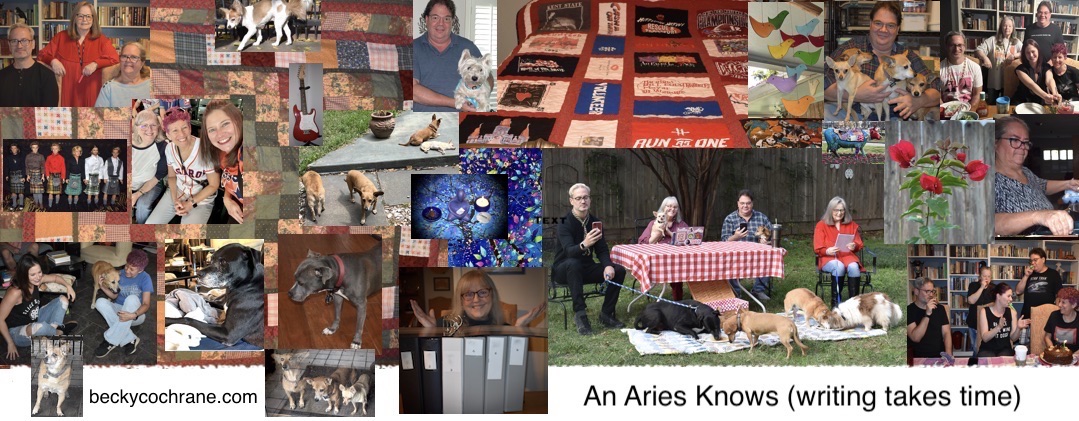
“Every day for the first week of school, Edwin’s feet dragged all the way to his sixth period class. He’d almost been late twice, which would land him in detention and put his misery on his parents’ radar.
But English. Ugh. Like it wasn’t already the worst class, he didn’t know any of his classmates. And the teacher, Miss Kick. She hadn’t really even been teaching. Every day they’d had to write dumb paragraphs about stuff. What was their favorite TV show and why. What were they most likely to be doing on Saturdays from three to five. What would be the best place to live and what kind of house would they have. Describe their favorite store. None of it had anything to do with English, and the paragraphs weren’t even graded. A whole week of school was behind him, and it wouldn’t be long before his mother got nervous and started asking what his grade was. All because he’d almost failed seventh grade because of stupid English. That was going to follow him around forever.
He made it into his desk just before the bell rang. Miss Kick was peering at her grade book and didn’t notice, so at least that worked out okay.
Everyone got quiet as she looked over her glasses at them then began calling roll. Edwin thought Miss Kick was kind of witchy looking, with her sharp nose holding up her little black glasses. Her teeth seemed too big for her face, and her head seemed too big for her body. She had a habit of pushing her long, dark hair behind her ears. At least her ears were okay. Mrs. Green, his seventh grade English teacher who was about two hundred years old, had ears the size of his hands. They hadn’t helped her hear any better. Miss Kick was a lot younger, and though he’d heard she was new at this school, like he was, she didn’t seem new to teaching. He usually did better with new teachers because they were more nervous than he was. Miss Kick wasn’t nervous.
‘Today we’re starting our unit on poetry.’
Sixth period had just found a way to get worse. Judging by the groans, he wasn’t the only one who felt that way.
Miss Kick smiled and said, ‘Sometimes people don’t like poetry simply because it’s called poetry. The same people have favorite songs, and songs are poems set to music. Poetry allows you to create the music in your head. The rhythm, rhyme, the words the writer uses, all appeal to your sense of sound.
‘The more of your five senses a poem engages, the more you can appreciate it. We’re going to approach the same poem, Michael Lee’s “Pass On,” from a different sense every day this week. Today’s sense is sight. I’ve broken you into groups of four, and I’ll be giving you a copy of the poem along with magazines, scissors, paper, and glue. After I read “Pass On” to you, each group will create a picture book together, using images cut from your magazines, to illustrate any parts of the poem you choose. Create between five and ten images, and if you don’t finish today, no problem. We’ll be with this poem for a while.’
Edwin ended up in a group with two other boys and one girl. They had to put their desks in a circle. When Miss Kick brought them a stack of comic books, Edwin’s eyes widened. Maybe she was a witch. How else could she know he loved comic books?”
I take photos. I write. My volunteer job is taking photos of rescued dogs and cats transported by the rescue group whose records I manage. Since working and volunteering don’t leave me a lot of time to write, I’m spending 2017 borrowing from what these dogs and cats are writing. They said it’s okay.
